Customer story
GATRA introduces commingled microtransit and demand response
Goal
To find cost-effective transit alternatives to fixed-route busses and introduce a real-time microtransit and demand response service.
Overview
Pre-COVID,The Greater Attleboro-Taunton Regional Transit Authority (GATRA) ran fixed route, dial-a-ride and non-emergency medical transit (NEMT) between the towns of Foxborough, Franklin, Norfolk and Wrentham. When the pandemic hit and ridership declined, the agency could no longer justify maintaining its fixed-route system.
In partnership with operator National Express Transit (NEXT) and Spare, it replaced existing services in the area with GATRA Go United, an on-demand microtransit service. The service operates daily except for Sundays with a dedicated fleet of eight buses and nine drivers.
Spare also replaced GATRA’s Miles for Health NEMT with its on-demand software, which complements the GATRA Go United service and allows riders 60+ and persons with a disability to get to medical appointments in Boston, Worcester and the surrounding areas.
- Partner
- Next & Gatra
- Location
- Greater Attleboro Taunton Region, Massachusetts
- Launch
- December 2020
- Service Type
- Demand Response
Challenges
- Following stay-at-home orders, GATRA saw a dramatic decline in ridership and fare revenue. It became too costly to operate fixed-route with so few riders;
- GATRA’s Miles for Health non-ADA paratransit didn’t operate in real-time. This made it difficult to optimize passenger pickups and trips or accommodate last-minute changes;
- The manual booking, matching and scheduling of GATRA’s previous dial-a-ride platform could not support a larger microtransit system.
Solution
GATRA Go United, has allowed GATRA and NEXT to offer riders a customer-first replacement to fixed-route bus services that’s based entirely on demand.
Riders book trips through the GATRA GO United smartphone app either in advance or in real-time. Riders can also choose to call in their bookings and the system’s dispatchers will input their information in Spare so they can benefit from the same features as passengers who opt to book themselves.
GATRA Go United employs a dedicated fleet of wheelchair accessible vehicles and is configured for curb-to-curb. This means that GATRA can use its microtransit to provide transportation to all riders.
By using automated booking, matching and routing technology, GATRA is able to scale and make changes to the on-demand service ad hoc — something that would have been near impossible with its previous manual system.
"Together with NEXT and Spare, we're responding to the challenges brought on by COVID-19, while at the same time continuing to provide the essential transportation service all our customers rely on.”
Results
Since launching in December 2020, GATRA Go United and Miles for Health has grown 166% with an average of 2300 riders per month. This increase is due to an overall better service that reaches more riders and has better coverage.
On average, each rider takes 10 trips per month, which signals they are satisfied with the transit offer. The microtransit service boasts 3.2 passengers per vehicle hour (PPVH), while the demand response service totals an average of 1.5.
As of May 2021, on-demand trips accounted for 22% of all bookings. Over 25% of all bookings (both on-demand and scheduled) were made through the GATRA Go United app.
- Average boardings per hour
- 2.3
- Ridership increase since launch
- 166%
- Percentage of On-demand trips
- 22%
- Percentage of app bookings
- 25%

